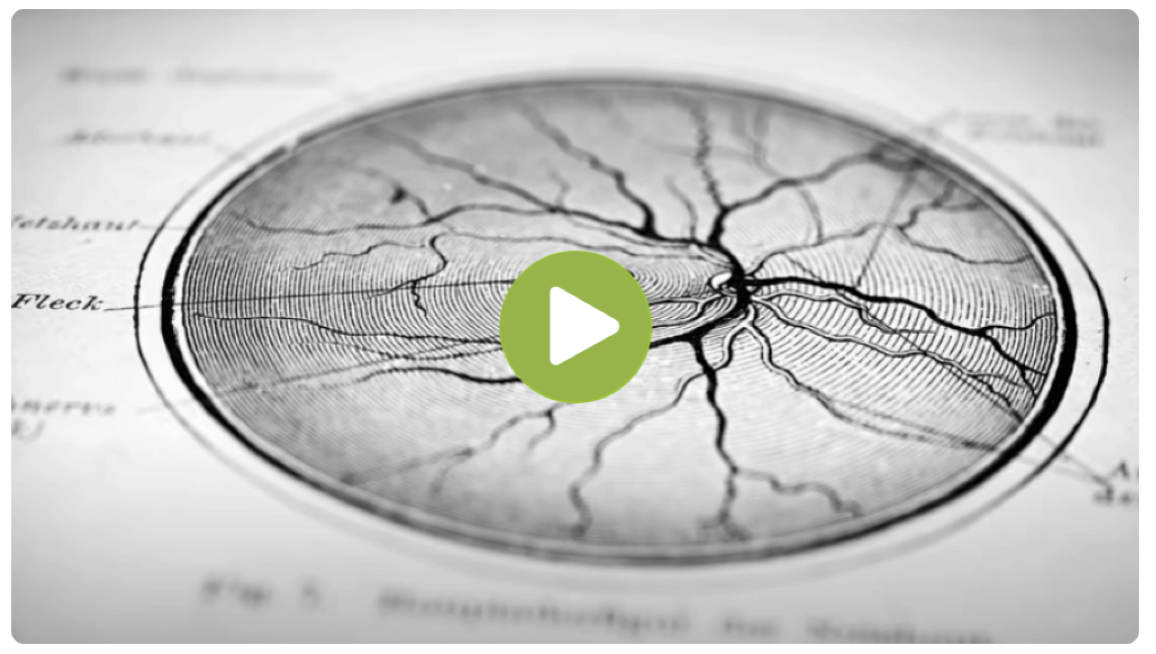What is behavioural science?
Why do we stick to bad habits that only hold us back? Why do people carry high-interest debt despite having the means to pay it off? Why do we scroll endlessly online even though it steals focus from what really matters?
The answers to these questions – and so many other perplexities of human behaviour – are the domain of behavioural science. Every day, people make choices that don’t serve their best interests. Behavioural science studies these patterns, uncovering the hidden biases, social pressures and cognitive shortcuts that shape human decisions. It explains why people act the way they do, even when they intend otherwise.

Why change behaviour?
Understanding human behaviour isn’t just an academic exercise. Many challenges – from public health to financial wellbeing to environmental action – rely on people making different choices. Behavioural change is about using the insights from behavioural science to design interventions that guide people towards better outcomes, whether individually or collectively.
At BCA, we use these insights to craft interventions that aren’t guesswork; they’re grounded in the predictable patterns of human behaviour.

The science behind change
Understanding behaviour starts with understanding the brain, particularly how motivation and decision-making are shaped. Research by Stanford neurobiologist Robert Sapolsky shows the brain is highly adaptable, with social experiences influencing neuron development and stress sensitivity.
Neuroplasticity – the brain’s ability to form new connections through experience – offers a framework for designing interventions that encourage positive behavioural change. By applying these insights, we can help individuals develop healthier habits and inspire broader societal impact.
Explore FurtherNeuroplasticity or How to Change Your Mind: An exploration of how our brain's learn and acquire new capabilities
